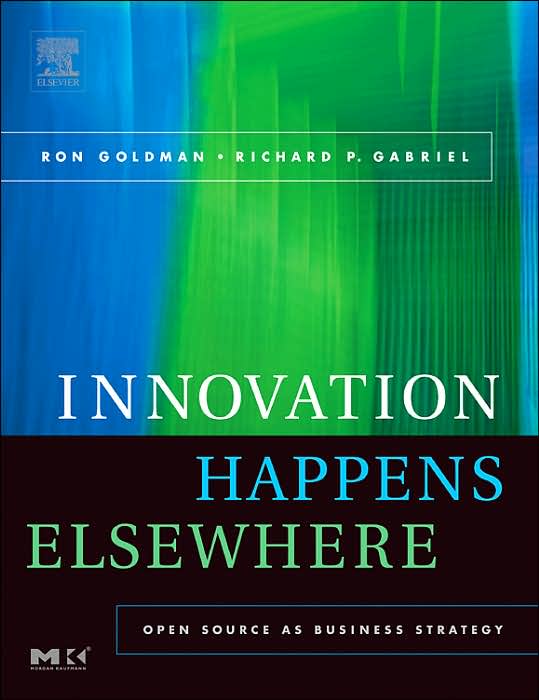|
Previous Table of Contents Up Next Open Source Is a CommonsOpen source is fundamentally about people volunteering to work on projects in what could be called the commons; that is, it is about working on things for the public good. The sort of commons we are talking about is composed of things whose most basic value is not diminished by making a copy--in fact, making a copy in many cases increases its value. For example, if a piece of software is not for sale, then its value is not decreased if someone makes and uses a copy of it. If the software implements a collaborative tool, for example, then the additional copy makes it more valuable by increasing the number of people collaborating. Written works and knowledge are also part of this commons. Taking advantage of such a commons can be as simple as just taking what's there--this is permitted--but learning and applying the rules of engagement for the communities surrounding this commons can enhance the exchange and pave the way for putting works important to you in the commons and eliciting various forms of volunteer effort. Open source is not a small or niche movement. There are tens of thousands of open-source projects--the largest but not the only openly available open-source hosting site, Sourceforge,1 in mid-2004 hosted over 80,000 projects and had over 810,000 registered members. Interest in using open-source code residing in the commons by corporations is strong enough that some are starting to adapt their internal product life cycle and development methodologies to accommodate the nature of open source. And during this period of downturn for the technology portions of the economy, open-source projects are a means for software developers and designers not only to hone their skills on real-world projects but to expand their expertise in useful directions. Working on open-source projects, learning the tools and processes, and gaining expertise in various open-source applications and systems is likely to prove valuable, if for no other reason than that seeing other people's code and style expands your own horizons and makes you a better developer and designer.
|
|||
|
|


